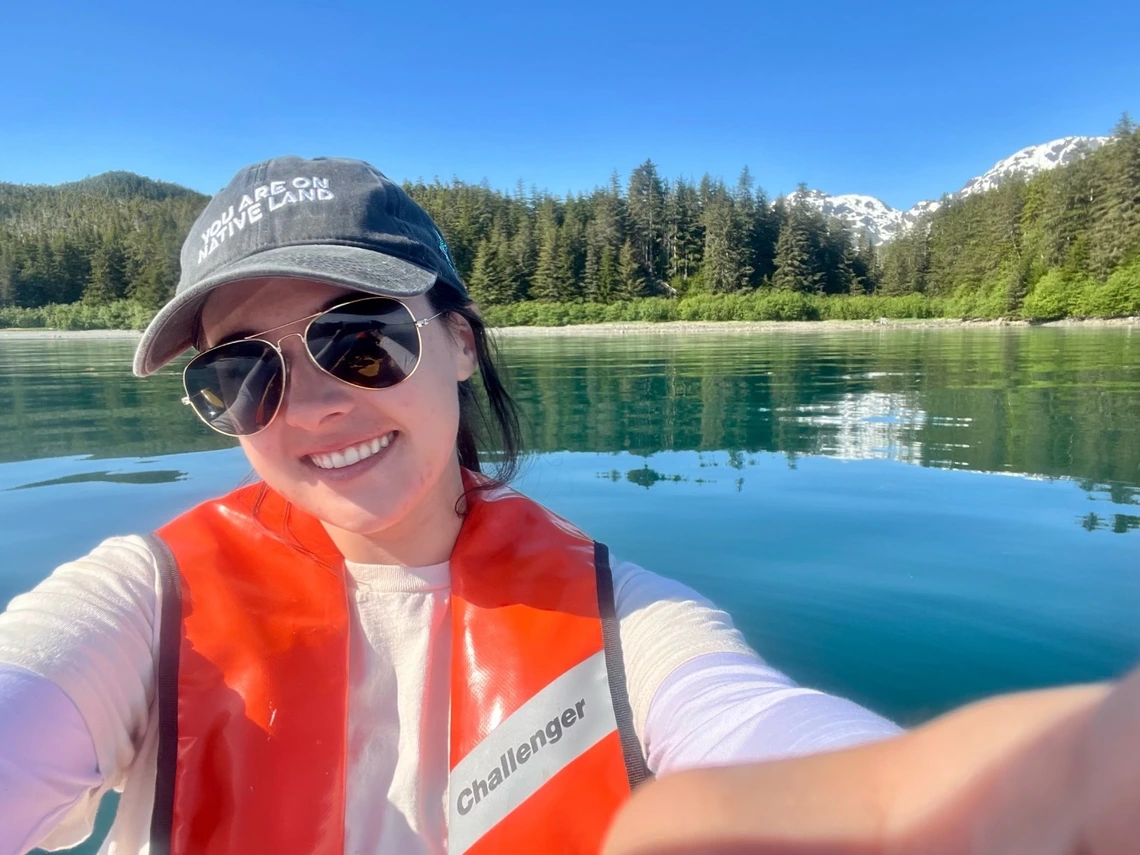Halley Hughes: Writing Science to Move the Planet Forward

What year are you and what is your major?
I am a senior at the University of Arizona in the College of Agriculture and Life Sciences. I am double majoring in Global Change Ecology and Urban and Regional Development.
What organizations or groups are you involved in on campus?
I am lucky enough to be a part of many different clubs and organizations! However, the four I would like to highlight are Students for Sustainability Committee: Hydrocats, the Diana Liverman Scholars program, UArizona Divest, and Planet Forward.
What is Planet Forward and how are you involved?
I would describe Planet Forward as a large media project based out of George Washington University in Washington, D.C., that aims to inspire people to ‘move the planet forward.’ Planet Forward accepts students from across the country to be a part of their movement. Students are given a platform to highlight the hopeful side of climate change through reporting encouraging stories such as innovative ideas that promote environmental health and justice. I am currently starting my second year working with Planet Forward and am one of only two senior correspondents at the organization.
What is your favorite article you wrote for Planet Forward last year?
What an awesome question! My favorite article I wrote last year has to be about the Santa Cruz Heritage Project here in Tucson. The river was pumped dry almost 100 years ago, but the city decided to put reclaimed water in the river’s skeleton to see what would happen. Now, the river is coming back to life and is a home to many diverse species. Even endangered fish!
What inspired you to get involved in environmental activism?
Being involved in activism definitely stems from experiences growing up in Arizona. I have core memories of passing McNary, which is a census-designated place on the Fort Apache Indian Reservation, while taking a road trip with my family. I remember noticing how different the community was to mine, and it shocked me. As I gained more knowledge about decolonization and indigenous sovereignty, I was inspired to use my privilege in education to support these communities. It crushes me that places practically in my backyard are struggling with intense economic and climate change problems because they’ve been historically disadvantaged. It is for this reason that decolonization, indigenous sovereignty, environmental justice, and healing our relationships with Earth are sustainability issues that I am most passionate about today.
